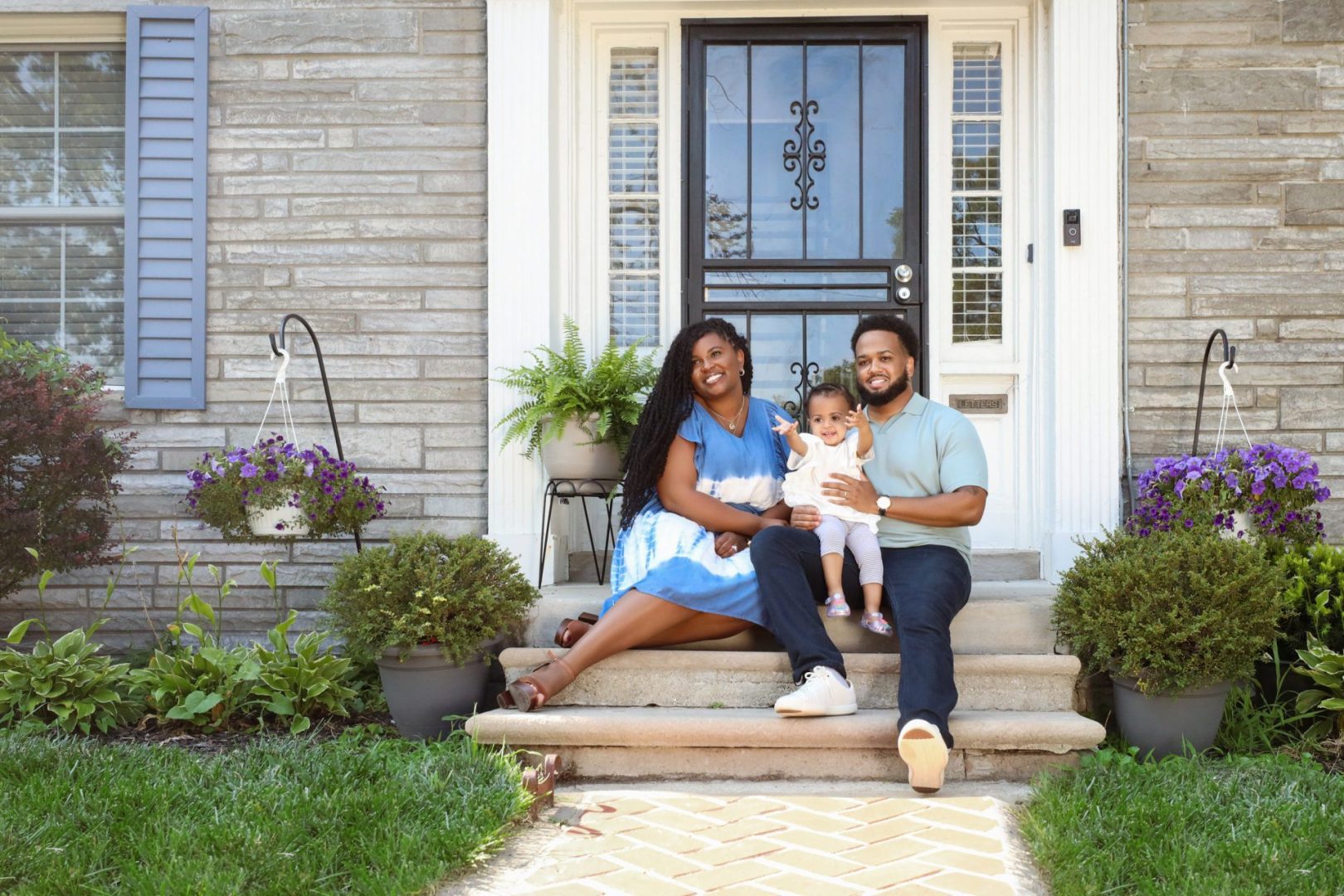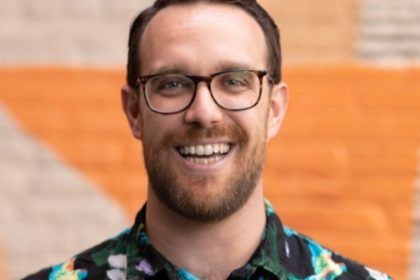In the tapestry of the American Dream, a home symbolizes more than a structure made of brick and wood. It represents a place where futures are shaped and legacies are created. However, in a country that promises life, liberty, and the pursuit of happiness, secure and affordable housing remains an elusive goal for many due to systemic inequalities and historical burdens. These burdens are rooted in racism and the unforgiving forces of the market.
At a June 2023 fair housing conference, U.S. Department of Housing and Urban Development (HUD) Secretary Marcia L. Fudge said, “We know that the housing system was designed with race-based inequity structures, so having discussions about ways of building generational wealth is essential. […] We are at a critical juncture in this country today and it’s important for public and private sectors to work together to improve the lives of those living in minority communities so that these communities have the opportunity to thrive.”
As society grapples with these issues, strategic philanthropic organizations have emerged as a power ready to bring healing and reconstruction. One such champion is the Rocket Community Fund — a philanthropic organization looking to close the racial homeownership gap to affect housing equity in America. According to their mission, they “aim to simplify complex and inequitable systems to ensure that every American has access to stable, healthy housing.”
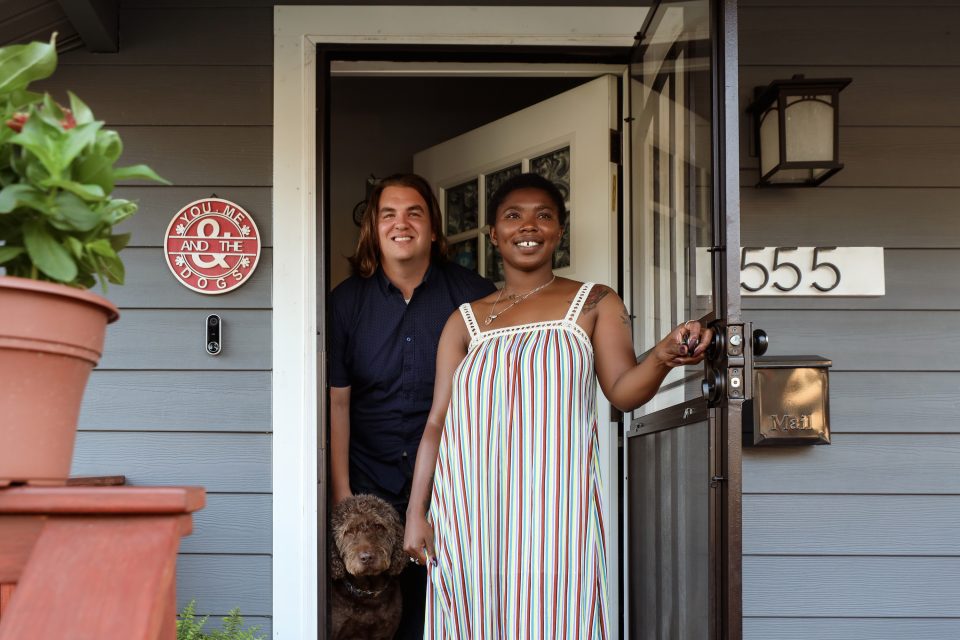
Wealth building in America has long been determined by who gains access to homeownership. However, according to recent data from The Brookings Institute, access to homeownership is often less achievable for Black Americans who post a homeownership rate of 46.4% compared to 75.8% of white families. This is evidenced by a more than 10x gap in wealth between white and Black families, with white families posting the highest median family wealth at $171,000. Black families, in contrast, have median family wealth of $17,600.
The current inequity in the housing ecosystem can be linked to the legacy of redlining, in which the Federal Housing Administration (FHA) denied Black Americans the opportunity to purchase homes in certain neighborhoods. This racist policy resulted in lasting disparities among racial groups, namely Black and white residents looking to purchase homes and build wealth. Marginalized communities found themselves excluded from quality housing options, highlighting a need for targeted interventions from both private and public sectors.
While governments craft policies to protect tenants and provide housing, they often struggle to adapt to the needs of marginalized communities. This is where historically the philanthropic sector has played its role in closing the gap in funding, and understanding of large, systemic issues such has homeownership inequity.
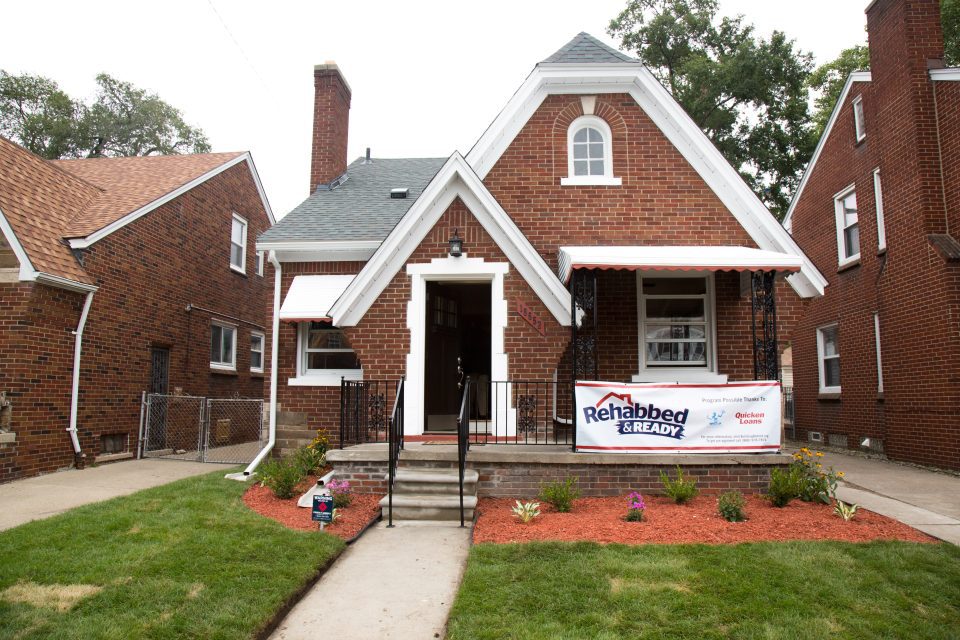
In the midst of socio-challenges and systemic inequities, philanthropy has emerged as a guiding light promoting innovation and adaptability. Take Detroit as an example—a city marked by hardships and population decline. Fueled by resilience and optimism, the Rocket Community Fund has introduced creative programs like Make it Home and Rehabbed & Ready, which each seek to provide alterative mechanisms to access homeownership.
In Detroit, tax foreclosure has been one of the leading causes of displacement. This problem is especially severe for renters who aren’t responsible for paying property taxes and are often forced out of their homes despite paying rent faithfully. The Make it Home program seeks to flip this process on its head through a unique collaboration with the City of Detroit and the nonprofit United Community Housing Coalition.
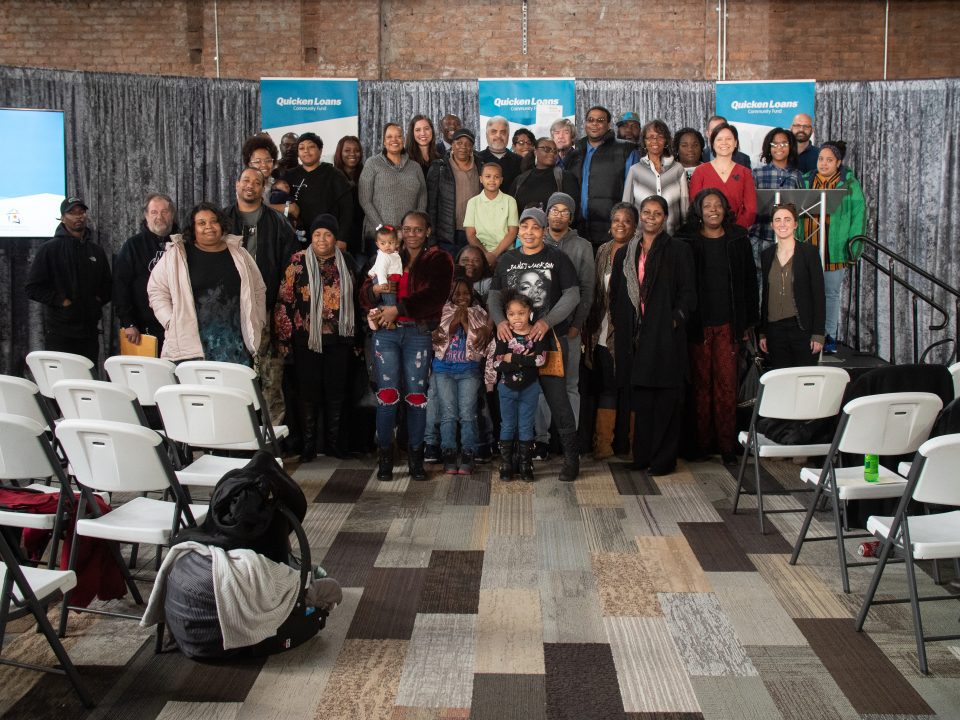
Through Make It Home, renters are provided the opportunity to purchase their homes directly rather than losing them to the tax foreclosure auction. Best of all, the homes are sold for only the cost of outstanding taxes and other minimal fees – typically less than $10,000. It’s an approach that not only empowers renters to become homeowners but also helps combat the negative effects of tax foreclosures on neighborhoods.
Rehabbed and Ready is an equally creative philanthropic program that addresses a unique challenge in Detroit, where low property values have made conventional lending difficult due to the lack of quality comparable properties for appraisal. Through the program, the Rocket Community Fund subsidizes the cost of repairs to homes in key neighborhoods where property values are artificially low.
The houses are then sold at market value to create stronger comps across the neighborhood. Not only does this provide homeowners with the ability to purchase a perfectly rehabbed home, but it also stabilizes the broader market value of homes in the community and incentivizes conventional lending. The effectiveness of Rehabbed & Ready was validated by a University of Michigan study and was even cited by President Biden’s administration as an example of creativity that could be mirrored in communities across the country through the Neighborhood Homes Investment Act.
These two programs show how Rocket Community Fund goes beyond simply supporting communities. Their work is about innovation and challenging conventional narratives of how communities, especially communities of color, can build long-term wealth. Their projects serve as examples of what can be achieved when philanthropy becomes a partner in driving social change.
The journey towards accessible housing is far from straightforward. There is still a considerable gap between our current situation and our aspirations. However, through efforts like those led by the Rocket Community Fund, we move closer to bridging this divide. It represents a wake-up call — a recognition that this issue requires action and collaborative solutions.
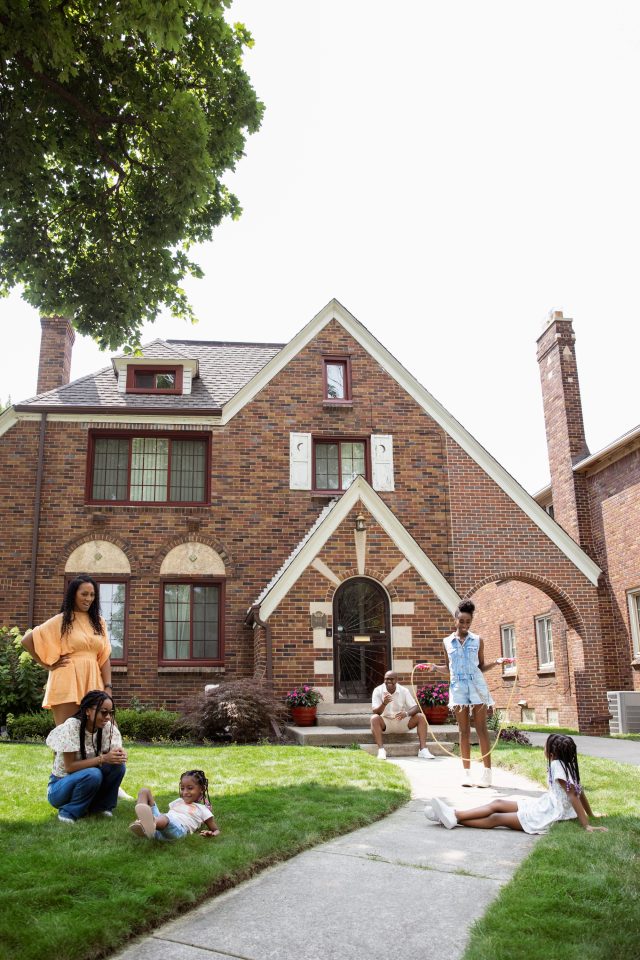
To create a future where secure and fair housing is not just a dream, it is crucial philanthropic organizations covers the difference in funding left from the public and private sector. By evolving and collaborating, we can shape a housing landscape where those who have been forgotten can be remembered and everyone has the opportunity to flourish.
Check out RocketCommunityFund.org for more information on these and other innovative programs.
Sources:
Department of Housing and Urban Development
Rocket Community Fund: https://www.rocketcommunityfund.org

